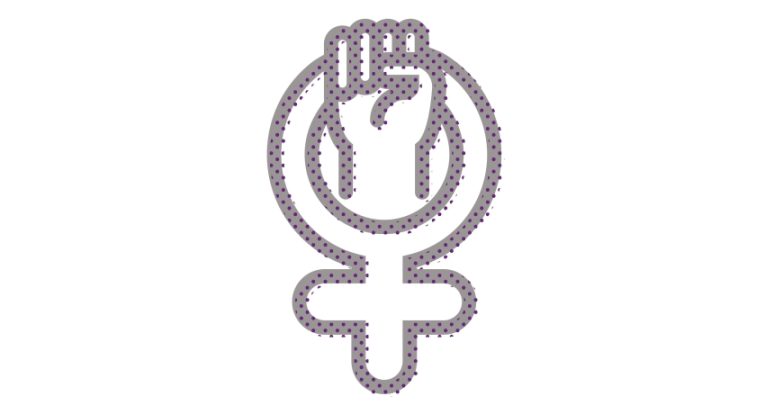Single sex schools – What coed settings can learn from them

Let’s stop asking girls to behave more like the worst of boys and start encouraging boys to emulate the best of girls, writes Natasha Devon…

When it comes to single sex schools, my stance is one that some might term cognitive dissonance, others as brand hypocrisy – but which I prefer to think of as a tension between head and heart.
Logically, I know that ‘all boys’ and ‘all girls’ schools probably shouldn’t exist. They’re archaic. They result in pupils spending their school years immersed in environments not even remotely resembling ‘real life’. This is even as ever-evolving understandings mean that gender is becoming an increasingly obsolete concept.
Yet despite these reasonable objections, I hate to think of girls not being afforded the same opportunities I had. I have zero complaints about my own secondary education at a single sex school. Seriously, five stars. Would recommend.
Bulldozing the nuance
Within our school’s walls, there could be no such thing as ‘girl’ subjects and ‘boy’ subjects. Instead, we were encouraged to pursue whatever we were most passionate about. I can’t speak for everyone, but I felt safe at school.
Thankfully I didn’t endure the sexual harassment that we now know, thanks to movements like Everyone’s Invited, is endemic within co-ed schools.
I therefore know what Clare Wagner, head of the girls-only Henrietta Barnet grammar school in North London, meant when she said in a recent Times interview [paywalled], “The need for women to own their spaces and find their voices means that this pedagogical approach is perhaps particularly significant for girls.”
She went on to qualify this with, “We definitely recognise the need in some of our girls to develop more confidence in the way they articulate and present themselves.
“They are apt to be very polite, and to express themselves too gently, and we need to ensure that as women, they can be forthright and own the spaces they will be going into.”
With dismaying predictability, much of the ensuing broadcast media commentary bulldozed the nuance out of Clare’s words. Channel 5’s Jeremy Vine, for example, saw fit to ask, “Should we teach girls to be less polite? According to a new book, girls should quit being so nice and learn to be more assertive.”
If put as bluntly as that, the answer is an emphatic ‘no’ from me. In fact, I’d go so far as to say this is yet another example of women and girls being asked to amend their behaviour for a problem entirely of the patriarchy’s making (see also – not wearing short skirts).
Aspirational self-awareness
This all reminded me of a conversation I once had with a female friend about imposter syndrome. This is one of a swathe of once-clinical diagnoses long since colloquialised and overused thanks to social media, I asked her to define it. “You know,” she replied, “I ask myself ‘Should I be here?’ ‘Am I qualified for this?’. Every time I open my mouth, I think ‘Maybe I’m wrong, actually…’”
That’s not a ‘syndrome’ we should seek to treat. That’s self-awareness – a trait that should be applauded in women, and which men should actively aspire to. Imagine if Donald Trump or Vladimir Putin had this kind of ‘imposter syndrome’. How much better would the world be?
Similarly, the notion that our voice isn’t always the most important in the room; that sometimes making room for others involves shrinking a little bit isn’t necessarily a terrible thing. Admittedly, we live in a culture that doesn’t tend to reward individuals who exhibit such behaviour, but we should.
Habits and traits such as collaboration, listening well, admitting to the limitations of one’s skill set and seeking the expertise of others are done a disservice when we brand them ‘soft skills’. They’re actually the hallmarks of a sophisticated human.
Perhaps it’s time to stop asking girls to behave more like the worst of boys, and instead start expecting boys to emulate the best of girls?
Natasha Devon is a writer, broadcaster and campaigner on issues relating to education and mental health; to find out more, visit natashadevon.com or follow @_NatashaDevon












